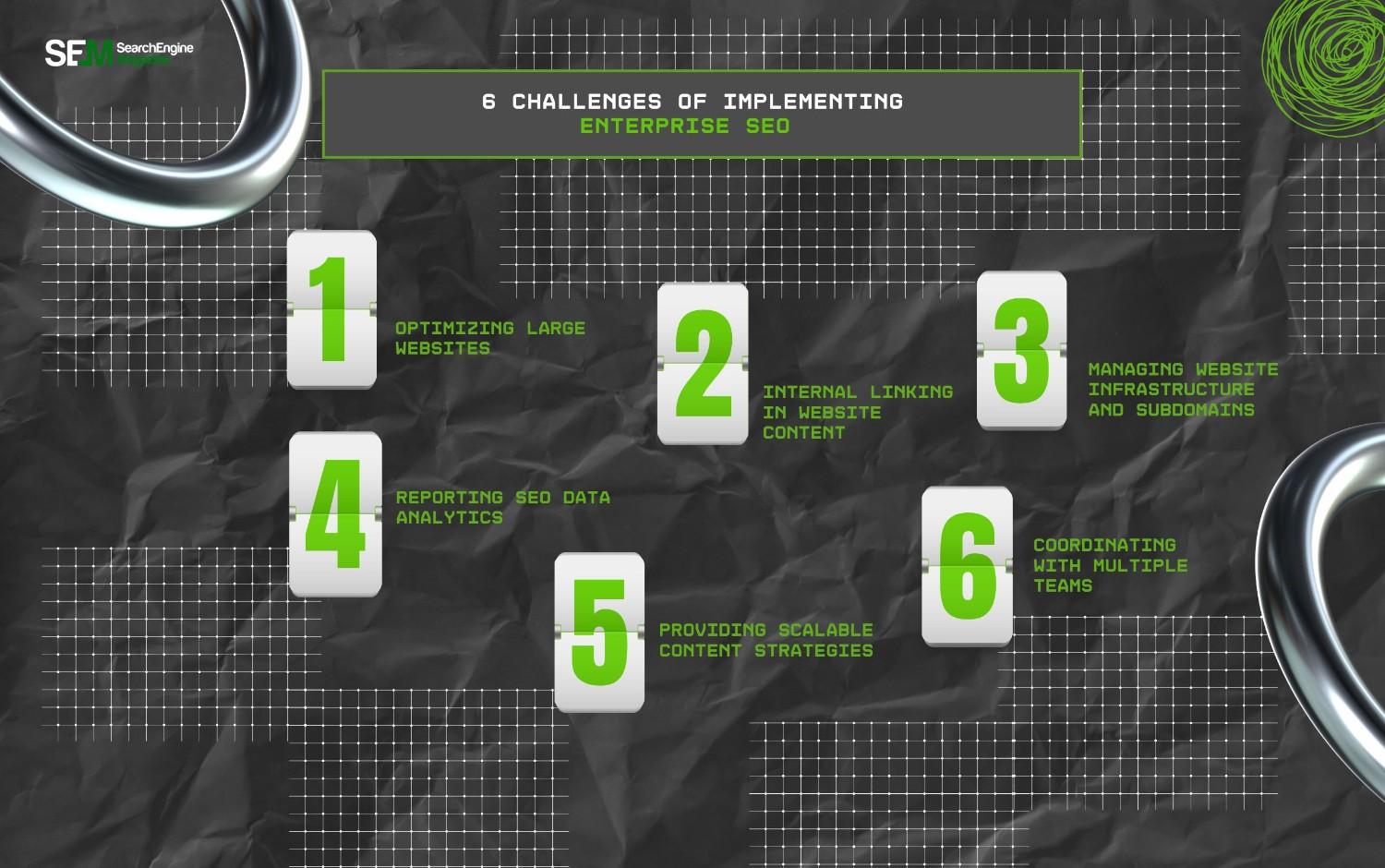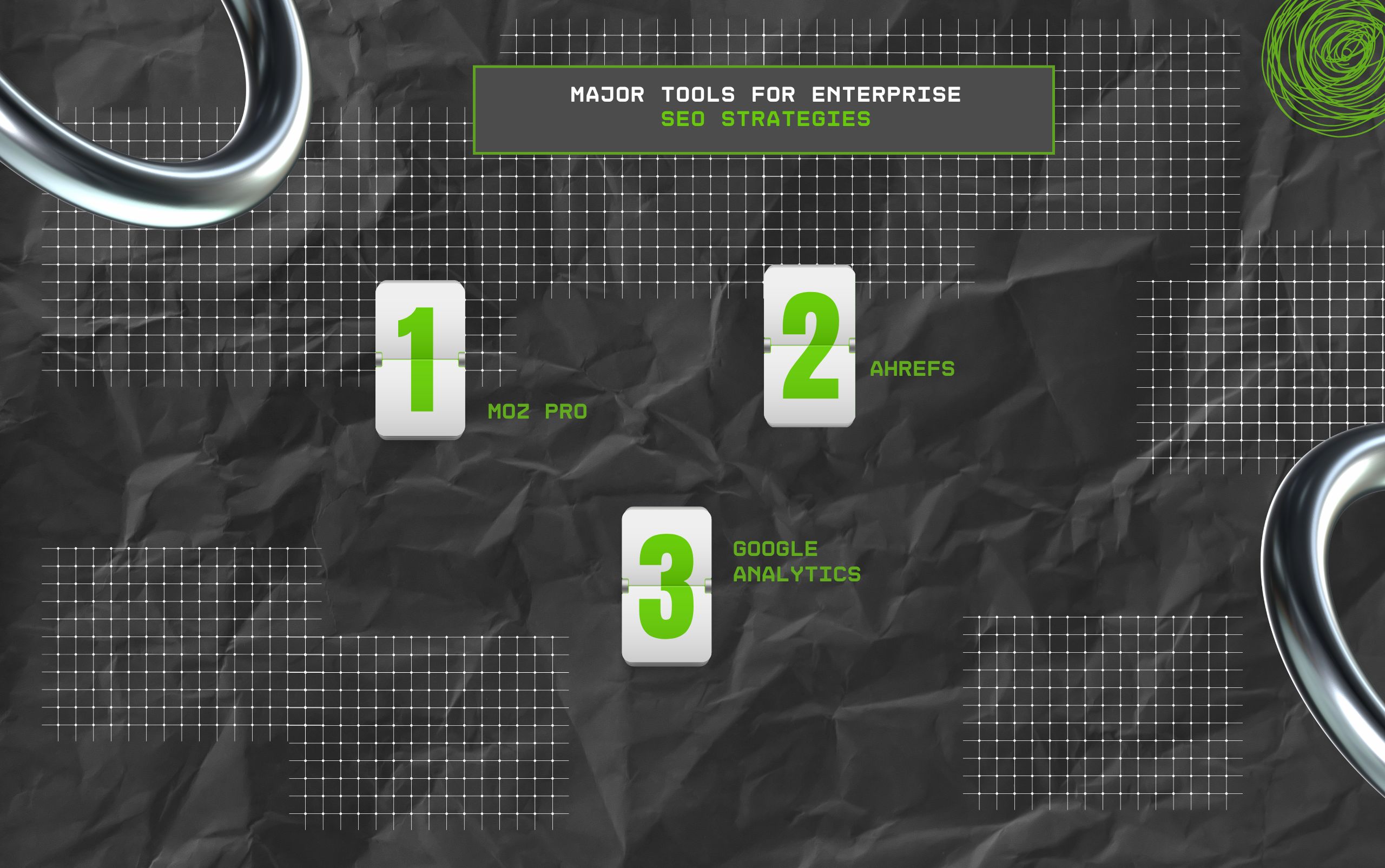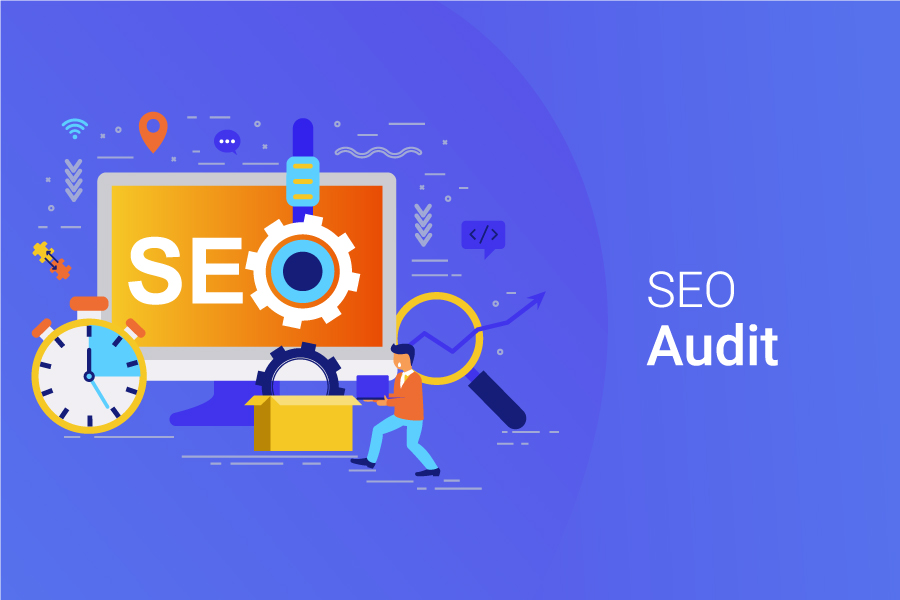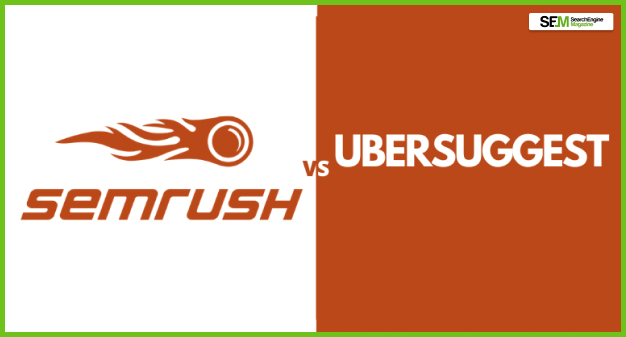GRC Considerations For Search Platforms And Digital Advertisers
Feb 24, 2026

Feb 24, 2026

Feb 24, 2026

Feb 23, 2026

Feb 23, 2026

Feb 21, 2026

Feb 20, 2026

Feb 20, 2026

Feb 19, 2026
Sorry, but nothing matched your search "". Please try again with some different keywords.


Unlike small businesses, large-scale firms and enterprises need tailored SEO strategies to improve their digital visibility and drive organic traffic.
Moreover, they can use their resources and capital to invest in a perfect SEO plan. Addressing the specific needs and requirements of enterprises.
That’s where Enterprise SEO comes into play.
With its dynamic strategies, it helps businesses to digitally grow. That is, it allows businesses to target the right keywords, build backlinks, and monitor website performance.
In addition to this, Enterprise SEO can also come in handy for digital marketing firms. Making them efficient in managing the SEO performance for enterprises.
So, if you are also wondering, “How do businesses use Enterprise SEO for large-scale success?” Well, look no further.
In this blog, I am going to delve into the aspects of SEO strategies for enterprises by exploring on—
Stay tuned!

First things first, Enterprise SEO is an abbreviated version of Enterprise Search Engine Optimization. Generally, it refers to a digital marketing approach specifically designed for large firms and enterprises.
So, it helps large-scale businesses to optimize their websites with countless webpages to improve their brand visibility on SERPs.
Moreover, it is designed in such a way that it caters to the needs of big companies. So, it handles the business scalability, complexity, and operational needs.
Even though Enterprise SEO offers a lot of benefits, it also has some limitations. So, here are the pros and cons of Enterprise SEO.
| Pros | Cons |
|---|---|
| 1. Helps businesses to grow digitally by optimizing their websites for more visibility. | 1. Manually optimizing enterprise websites can be exhausting and complex. |
| 2. Offers credibility and brand authority to business websites. | 2. Coordination issues across multiple teams and departments. |
| 3. Improves the ROI and revenue by driving organic traffic and a higher conversion rate. | 3. It is an expensive approach. So, it requires high costs and special tools. |
To successfully implement an Enterprise SEO strategy, businesses need to follow the best practices.
Moreover, these practices can cater to the specific needs of both businesses and agencies. So, some of the Enterprise SEO best practices include—

Although Enterprise SEO sounds so simple, it comes with a unique set of implementation challenges. So, here are the common challenges and how to overcome them swiftly.
Firstly, managing large websites of enterprises with millions of webpages can be difficult. Since each page needs to meet the SEO requirements, it is hard to optimize them manually.
So, it is better to use SEO tools to manage these sites.
By grouping similar pages, creating a standard SEO template, automating website audits, and monitoring traffic, businesses can easily manage their websites.
Moreover, internal linking throughout the website can improve its authority. But maintaining a consistent internal link structure can be complex.
So, businesses can segregate important and less important pages. Prioritizing internal linking for the important ones. Also, using keyword-rich anchors can signal Google about the linking.
In addition to this, the links should be regularly reviewed. So, the number of links is maintained, and broken links are removed.
Apart from this, managing the website infrastructure and its subdomains can make the process more complex. So, it is better to implement a centralized Enterprise SEO strategy.
Moreover, businesses can combine similar subdomains to reduce the complexity. Making the process of SEO management easier.
In addition to this, using canonical tags can prevent publishing duplicate content in subdomains. So, businesses can avoid it by using cross-domain tags.
Along with this, understanding how the SEO campaigns and strategies are performing is important. But enterprise sites have millions of webpages, and tracking each one manually is difficult.
So, businesses can use data analytics tools to get reports on the performance.
Additionally, they can set specific KPIs to gain insights into market, competition, keyword, and website performance, and audience engagement. So, getting clear reports on traffic and conversion rates.
One of the core challenges of Enterprise SEO is to maintain content alignment with user intent while helping the business scale.
So, a thorough keyword analysis is a vital part of the strategy.
Also, by researching the trends and optimizing the content with SEO practices, businesses can create scalable content strategies.
Moreover, businesses should prioritize syndicated content. Making it reach foreign markets and attracting a global audience.
Finally, the main issue with implementing an Enterprise SEO strategy is coordinating across different teams and stakeholders.
So, businesses need to delegate the information and ensure seamless communication between departments.
That is, by defining roles, scheduling updates, and getting feedback, they can bring everyone on the same page with the SEO management. So, overcoming the coordination issue.

If you are looking for digital SEO tools to take care of your enterprise website performance, here are the major ones—
Having a brand website is not enough. You need to optimize it to grow your brand digitally. Driving organic traffic and improving audience engagement.
And, a perfectly crafted Enterprise SEO strategy can provide that.
Moreover, businesses can benefit from it by using its methods to restructure websites, manage subdomains, and create content combining business objectives and user intent.
Now that you have the complete guide on Enterprise SEO, what’s the wait for? Grab your chance to jump to the top of the SERPs and find the right audience.
Here are some of the frequently asked questions that you can check.
Generally, traditional SEO and enterprise SEO are similar digital marketing approaches. But they have some core differences that distinguish one from the other. Traditional SEO focuses on niche website optimization. So, it is perfect for small-scale businesses. But enterprise SEO prioritizes complex and large-scale website optimization. Moreover, it uses tools for analyzing and predicting the search behavior.
Given that enterprise SEO is designed for big firms and large-scale companies, it handles complex website optimization. And, for that, it requires tools and expertise that are expensive. So, it is difficult for small businesses to implement it.
Some of the best enterprise SEO platforms include—
• Semrush— AI-powered tools for SEO tracking of websites.
• BrightEdge— Integration capabilities with other marketing tools.
• Conductor— Customized reports and content optimization features.
Barsha is a seasoned digital marketing writer with a focus on SEO, content marketing, and conversion-driven copy. With 8+ years of experience in crafting high-performing content for startups, agencies, and established brands, Barsha brings strategic insight and storytelling together to drive online growth. When not writing, Barsha spends time obsessing over conspiracy theories, the latest Google algorithm changes, and content trends.
View all Posts
GRC Considerations For Search Platforms And D...
Feb 24, 2026
What Is Reputation Management SEO? Real-World...
Feb 24, 2026
What Is Reverse Video Search? 5 Most Effectiv...
Feb 23, 2026
10 Effective SEO Shortcuts That Actually Work
Feb 23, 2026
Business Benefits Of Sustainability: Why Corp...
Feb 21, 2026

